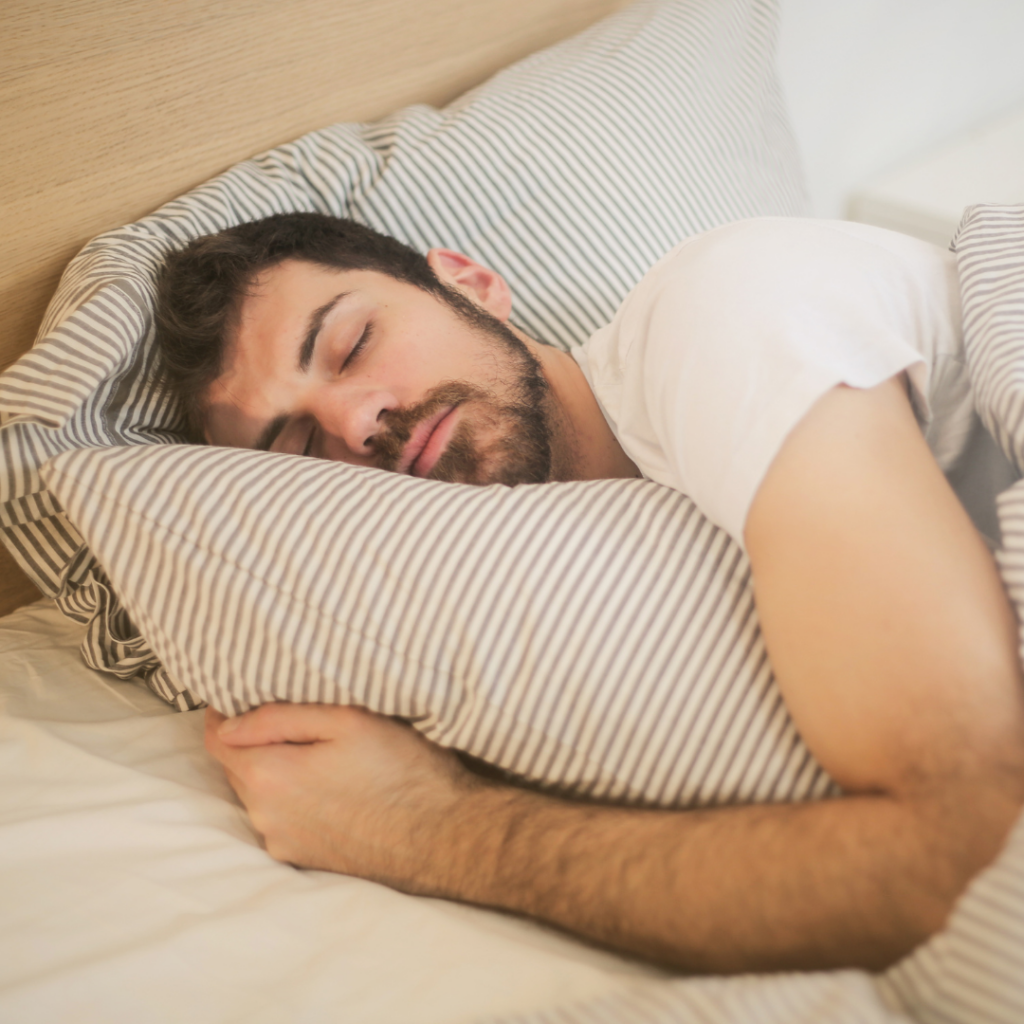Did you know that the quality of your sleep can directly impact your oral health? Poor sleep habits and sleep disorders, such as sleep apnea, can contribute to a range of dental issues, including dry mouth, teeth grinding (bruxism), and an increased risk of gum disease. At River Valley Smile Center, we care about your overall well-being, including how your sleep patterns affect your oral health.
How Sleep Impacts Your Oral Health
- Bruxism (Teeth Grinding) – Stress and poor sleep quality often lead to teeth grinding, which can wear down enamel, cause jaw pain, and lead to TMJ disorders. If you wake up with jaw discomfort or headaches, a custom nightguard may help protect your teeth.
- Dry Mouth – Poor sleep can lead to mouth breathing, reducing saliva production. Saliva is essential for washing away bacteria and preventing cavities and gum disease. Staying hydrated and using a humidifier can help.
- Gum Disease Risk – Studies show a strong connection between sleep deprivation and increased inflammation in the body, which can contribute to gum disease. Prioritizing quality sleep supports immune function and reduces the risk of oral infections.
Tips for Restful Nights and a Healthy Smile
- Stick to a consistent sleep schedule and create a relaxing bedtime routine.
- Avoid caffeine and heavy meals before bed.
- Keep your bedroom dark, quiet, and cool.
- Practice good oral hygiene, including brushing and flossing before bed.
- Visit River Valley Smile Center for routine checkups and personalized dental care.
A well-rested body leads to a healthier smile! If you’re experiencing symptoms like teeth grinding or dry mouth, schedule an appointment with us today.

